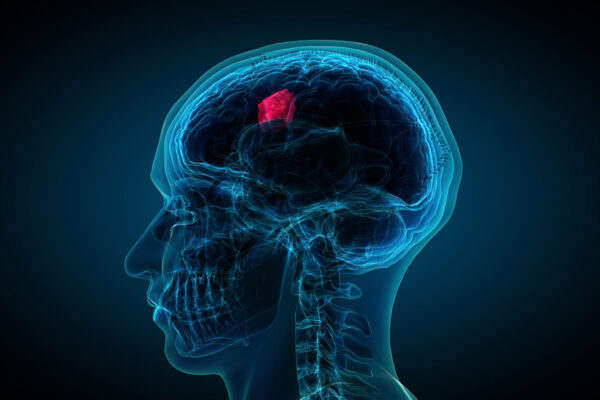
The findings of the European EPI-CT study reveal that exposure to a higher dosage of radiation to the brain during CT examinations increases the risk of brain tumours in children and young adults. The results of the study were published in The Lancet Oncology.
CT scans are routinely used for cancer detection. As these tools use ionising radiation, there remains a risk of cancer when exposed for extended periods or higher dosage. German researchers designed the European EPI-CT study to investigate the risk of brain cancer from CT examinations.
The multicentre study enrolled 978,174 individuals from nine European countries who had a CT exam at least once before age 22, documented between 1977 and 2014. Only those participants who were alive, had no benign brain tumours or were diagnosed with cancer, and were cancer-free at least five years post-CT examination were included in the analysis. Most (82%) of these patients were younger than 30, including 56% and 44% of males and females, respectively.
During a follow-up of 5.6 years, 165 brain cancers were reported, of which 121 (73%) were gliomas. The mean cumulative brain dose was higher (76.0 mGy) in patients with brain cancer compared to all the individuals (47.4 mGy). Every 100 mGy of brain dose increased by 127%, 111% and 213% risk of brain cancer, glioma and brain cancer excluding gliomas, respectively. Taken together, the radiation dose was linearly associated with cancer risk.
The observations by Hauptmann and colleagues underline the need for careful evaluation and usage of lower dosage of radiation for younger patients.